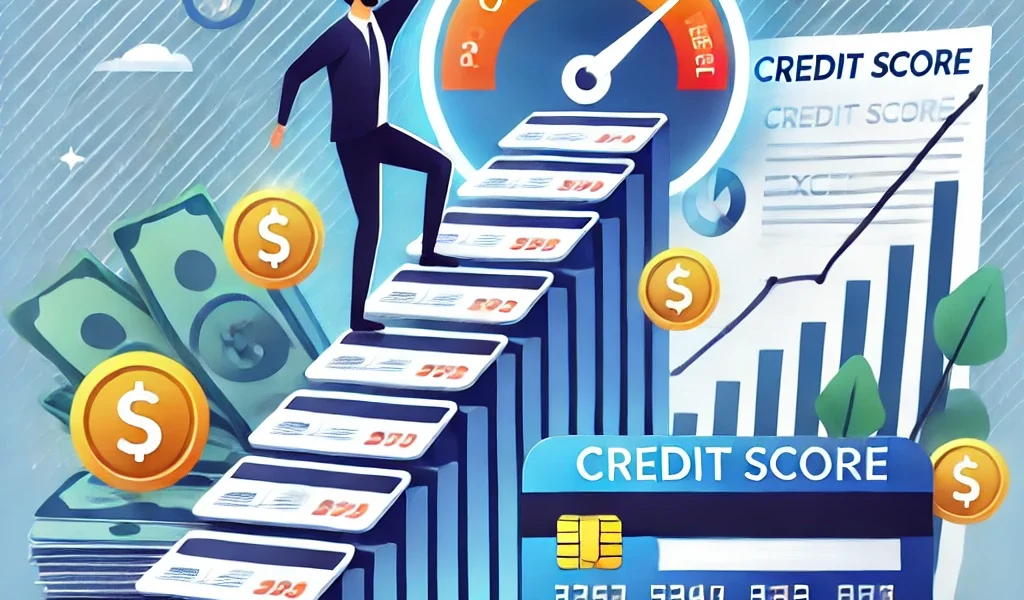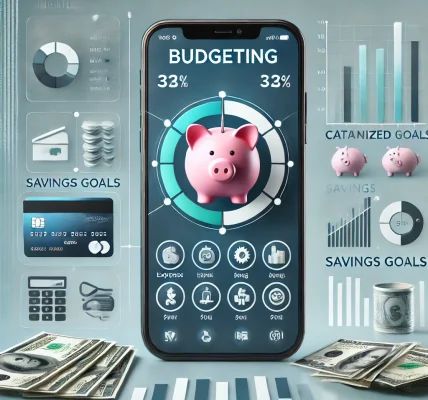1. Understand Your Debt Situation
Before making a plan, assess your total debt, interest rates, and monthly payments.
📝 Steps to Analyze Your Debt:
✔ List all debts (credit cards, loans, mortgages).
✔ Note interest rates and due dates.
✔ Identify high-interest debt (credit cards usually have the highest rates).
🔹 Pro Tip: Use a debt tracking app like Mint or YNAB to stay organized.
2. Create a Debt Payoff Plan
🚀 Popular Debt Repayment Strategies:
📌 Debt Snowball Method (Best for Motivation)
1️⃣ Pay off the smallest debt first while making minimum payments on others.
2️⃣ Once the smallest debt is cleared, move to the next smallest.
3️⃣ Repeat until all debts are paid off.
✔ Psychological win: Keeps you motivated with quick successes!
📌 Debt Avalanche Method (Best for Saving Money)
1️⃣ Pay off the highest interest debt first while making minimum payments on others.
2️⃣ Once the highest interest debt is cleared, tackle the next highest.
3️⃣ Repeat until all debts are paid off.
✔ Saves money by reducing interest payments faster!
🔹 Pro Tip: Choose the method that suits your motivation and financial situation best.
3. Cut Expenses and Increase Payments
The more money you free up, the faster you can pay off debt.
💰 Ways to Reduce Expenses:
✔ Cancel unnecessary subscriptions (streaming services, gym memberships).
✔ Cook at home instead of eating out.
✔ Use cashback and discounts for shopping.
✔ Avoid impulse purchases – use the 24-hour rule.
🔹 Pro Tip: Allocate extra savings toward debt repayment.
4. Consolidate or Refinance Debt
If you have multiple high-interest debts, consolidating them can lower your interest rate.
🔄 Debt Consolidation Options:
✔ Balance Transfer Credit Card: Move high-interest debt to a card with 0% APR (introductory period).
✔ Debt Consolidation Loan: Combine multiple debts into one lower-interest loan.
✔ Refinancing Loans: Lower your interest rate on existing loans.
🔹 Pro Tip: Check for hidden fees before consolidating debt!
5. Improve Your Credit Score
A good credit score helps you qualify for better interest rates and financial opportunities.
📈 Ways to Boost Your Credit Score:
✔ Pay Bills on Time – Late payments hurt your score.
✔ Keep Credit Utilization Low – Use less than 30% of your credit limit.
✔ Increase Credit Limit – Lowers utilization ratio.
✔ Don’t Close Old Accounts – Maintains credit history length.
✔ Check Credit Report for Errors – Dispute mistakes with credit bureaus.
🔹 Pro Tip: Use Experian, Equifax, or TransUnion to check your credit report for free.
6. Avoid Taking on New Debt
While paying off existing debt, avoid adding new debt unless absolutely necessary.
❌ Things to Avoid While Reducing Debt:
🚫 Applying for multiple loans or credit cards.
🚫 Using credit for unnecessary purchases.
🚫 Making only minimum payments on credit cards.
🚫 Ignoring due dates – late fees and penalties add up!
🔹 Pro Tip: Use cash or debit cards for daily expenses to prevent new credit card debt.
7. Build an Emergency Fund
An emergency fund prevents you from relying on credit in case of unexpected expenses.
💡 How to Build an Emergency Fund While Paying Debt:
✔ Start with a small goal ($500–$1,000).
✔ Save a percentage of your side income or tax refunds.
✔ Keep the money in a separate savings account.
🔹 Pro Tip: Aim for 3–6 months’ worth of expenses in your emergency fund.
8. Stay Consistent and Patient
Reducing debt and improving credit takes time, but consistency is key.
✅ Final Steps to Success:
✔ Stick to your debt repayment strategy.
✔ Track progress monthly.
✔ Reward yourself for milestones (without spending too much!).
✔ Stay financially disciplined.
🔹 Pro Tip: Once debt-free, start investing to grow wealth!
Final Thoughts: Take Control of Your Finances Today!
🚀 Reducing debt and improving your credit score requires smart planning and discipline. Start with small steps, stay committed, and watch your financial health improve over time!
Would you like an image for this topic? 😊



